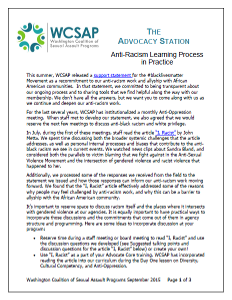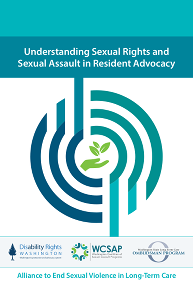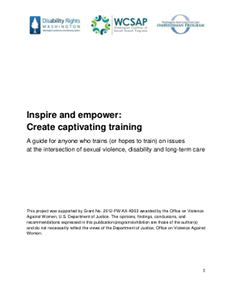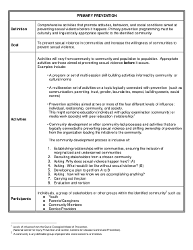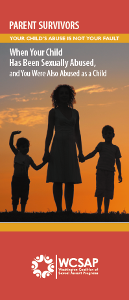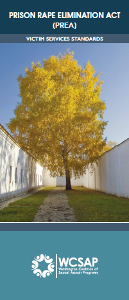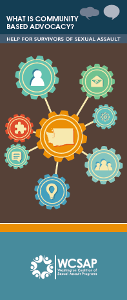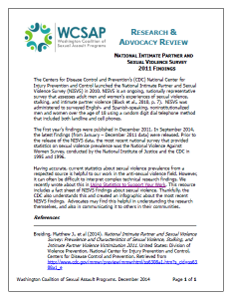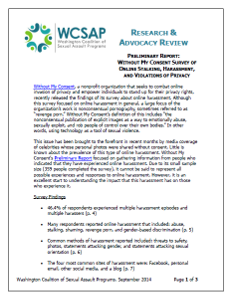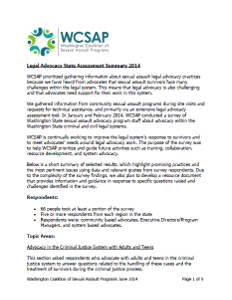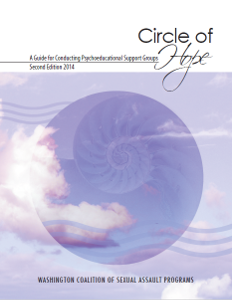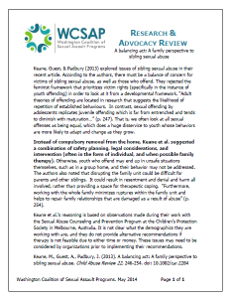Commercial sexual exploitation of children (CSEC) is a form of child sexual abuse. It is sexual activity involving a minor in exchange for something of value, or promise thereof, to the child or another person or persons. The young person is treated as a commercial and sexual object.
Often when schools and communities request a CSEC program this is connected to increased media attention of CSEC or in response to a recent incident. Programming that defines the violence and focuses on…
